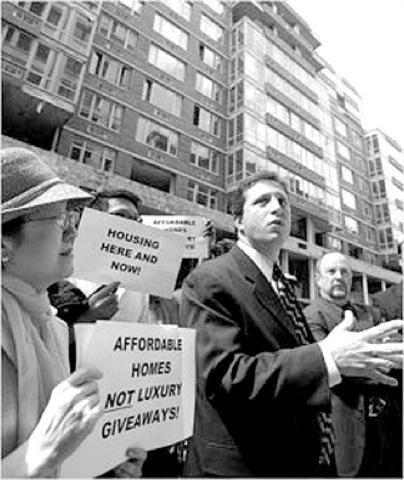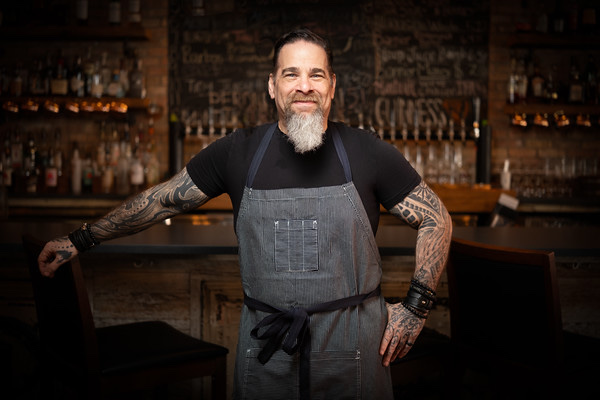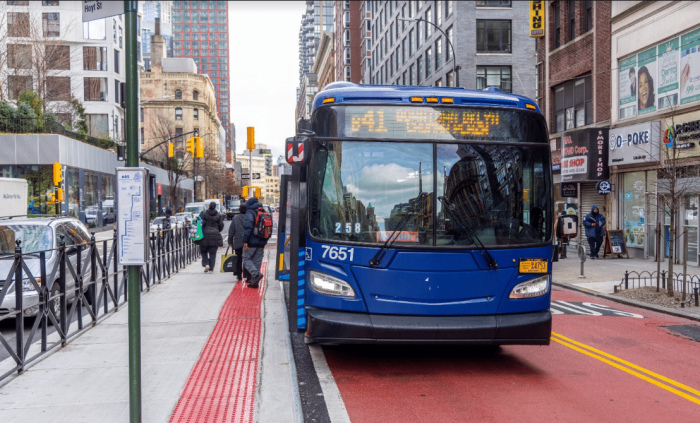The much hyped, but ultimately meaningless, fight for campaign finance supremacy reached another threshold last week with candidates in the 39th Council District sizing up their opponents by the cash they’ve collected for their campaign coffers.
According to the most recent campaign filings dated May 15, candidate Brad Lander is leading the five candidates vying to replace City Council Member Bill de Blasio with a campaign war chest of $109,499.
Lander is followed by Josh Skaller, who has collected $82,730, according to the New York City Campaign Finance Board.
Transportation advocate Gary Reilly reported the lowest amount of campaign donations with just $24,505. More troubling was the fact that he has already spent $31,711 — about $7,000 more than he has collected.
When contacted, Reilly said that his bank account wasn’t empty, and that the discrepancy was an accounting error.
The remaining two candidates in the five−man race include former Gowanus Canal Community Development Corporation head Bob Zuckerman, who has collected a total of $68,872, and Borough President Marty Markowitz aide John Heyer, who collected $51,470.
Like Reilly, Heyer’s campaign donations are overdrawn — by just over $3,400, the campaign finance board website states.
Heyer said that his campaign collected just shy of $10,000 at one fund−raiser during the last filing period, which he said shows that he has the support of the people.
“Most of the people giving me money are local folks and none of them are giving big contributions,” Heyer told his paper.
But in the end, it’s not about how much money you collect, it’s about “matchable” money.
According to New York City Campaign Finance law, City Council candidates can receive an extra $6 for every $1 of campaign contributions collected by city residents. Only the first $175 of these contributions qualifies for these matching funds, however.
With the summer approaching, it’s the candidates’ goal to get enough matching funds that will leap−frog them to the $161,000 cap candidates can spend on a primary.
Political insiders said that while large campaign filings are impressive, they are usually unnecessary since most serious candidates will have collected enough money by the time they’re on the ballot in mid−July.
“With matching funds, I have every confidence we are going to ‘max out,’” explained Zuckerman, using the political parlance for reaching the City Council race’s magic money number.
But even though he’ll probably have the same money as everyone else, Zuckerman’s still using last week’s campaign filing to brag −− at least a little.
“We raised $17,000 in the last filing period, which was the most any candidate filed,” he said proudly. “That shows we’re gaining momentum in this race.”

























